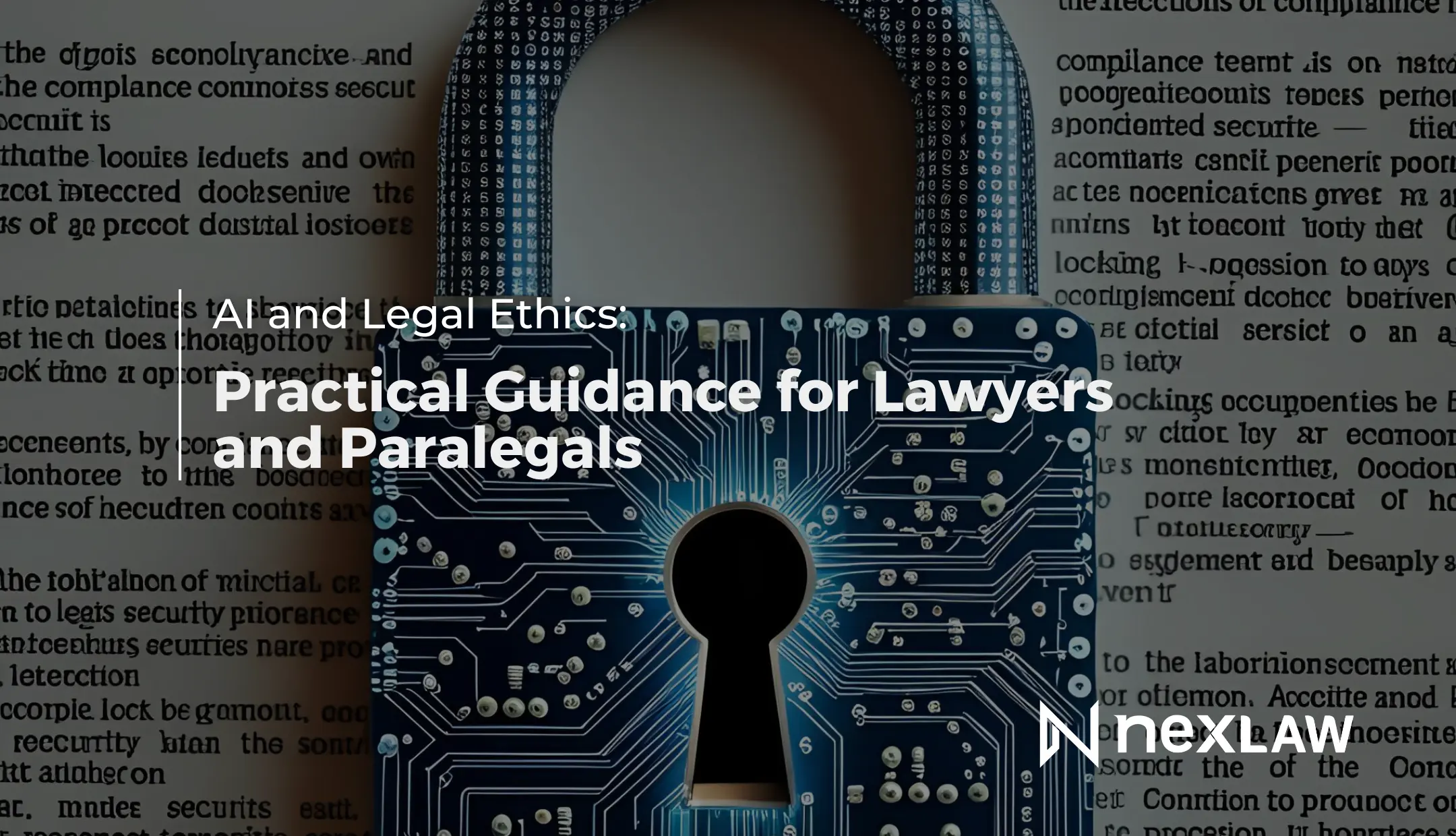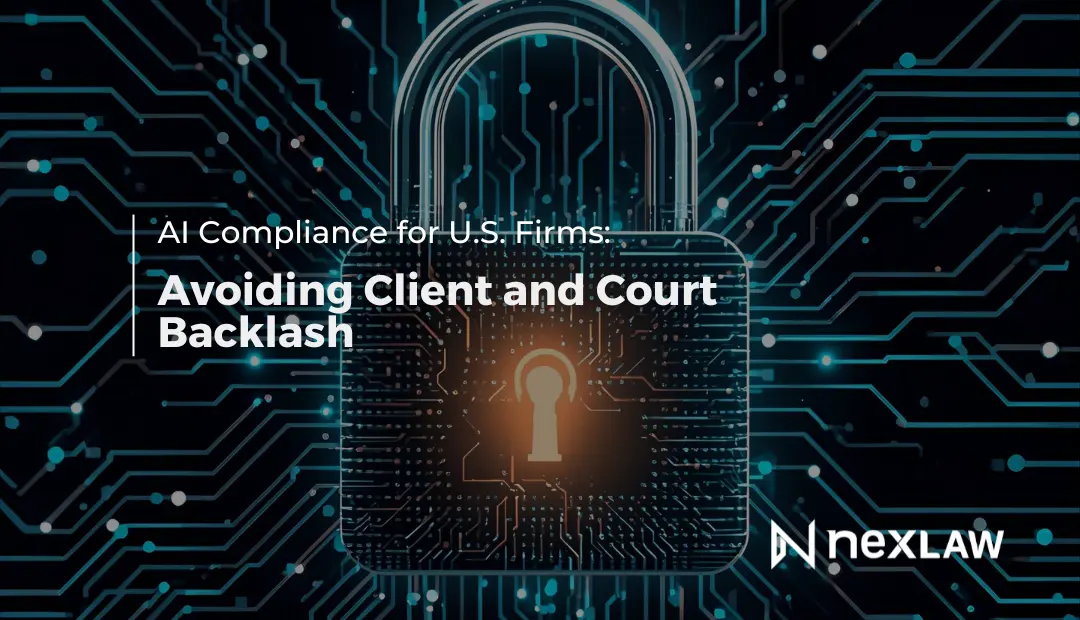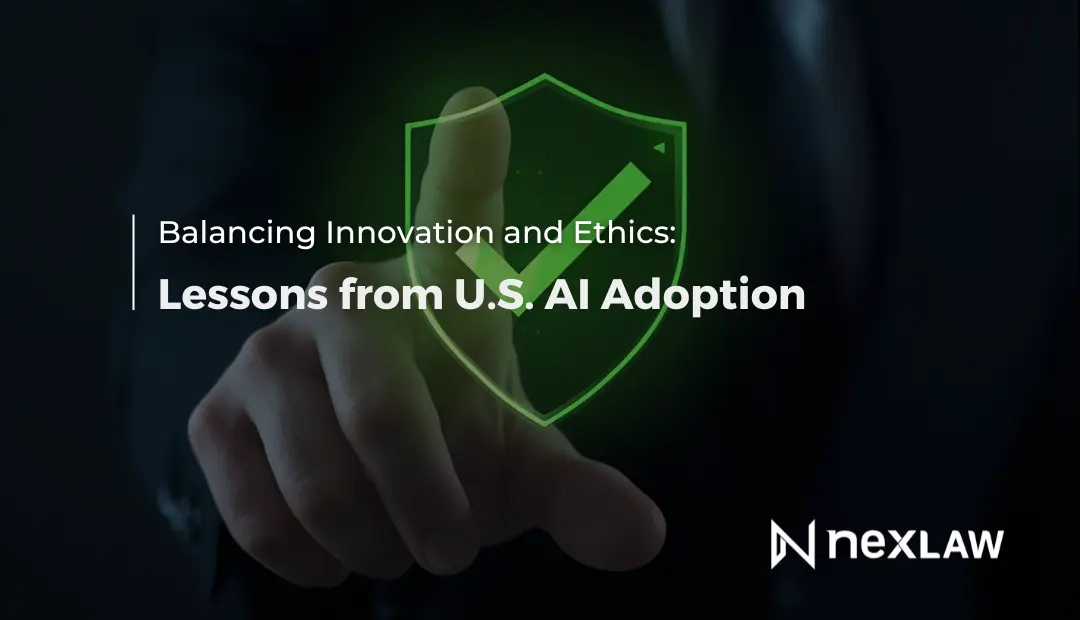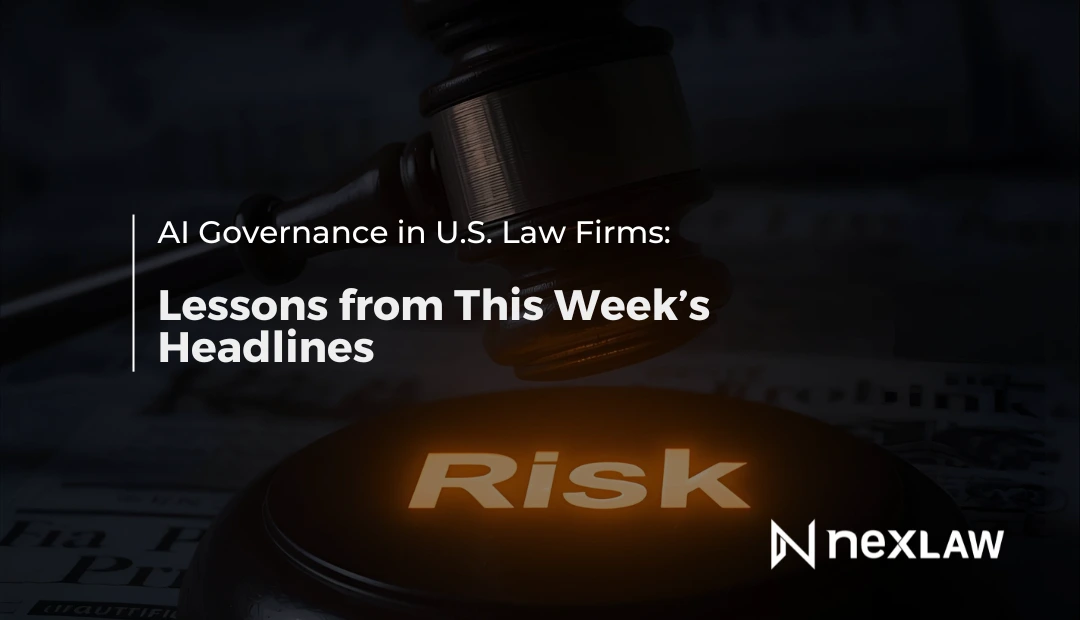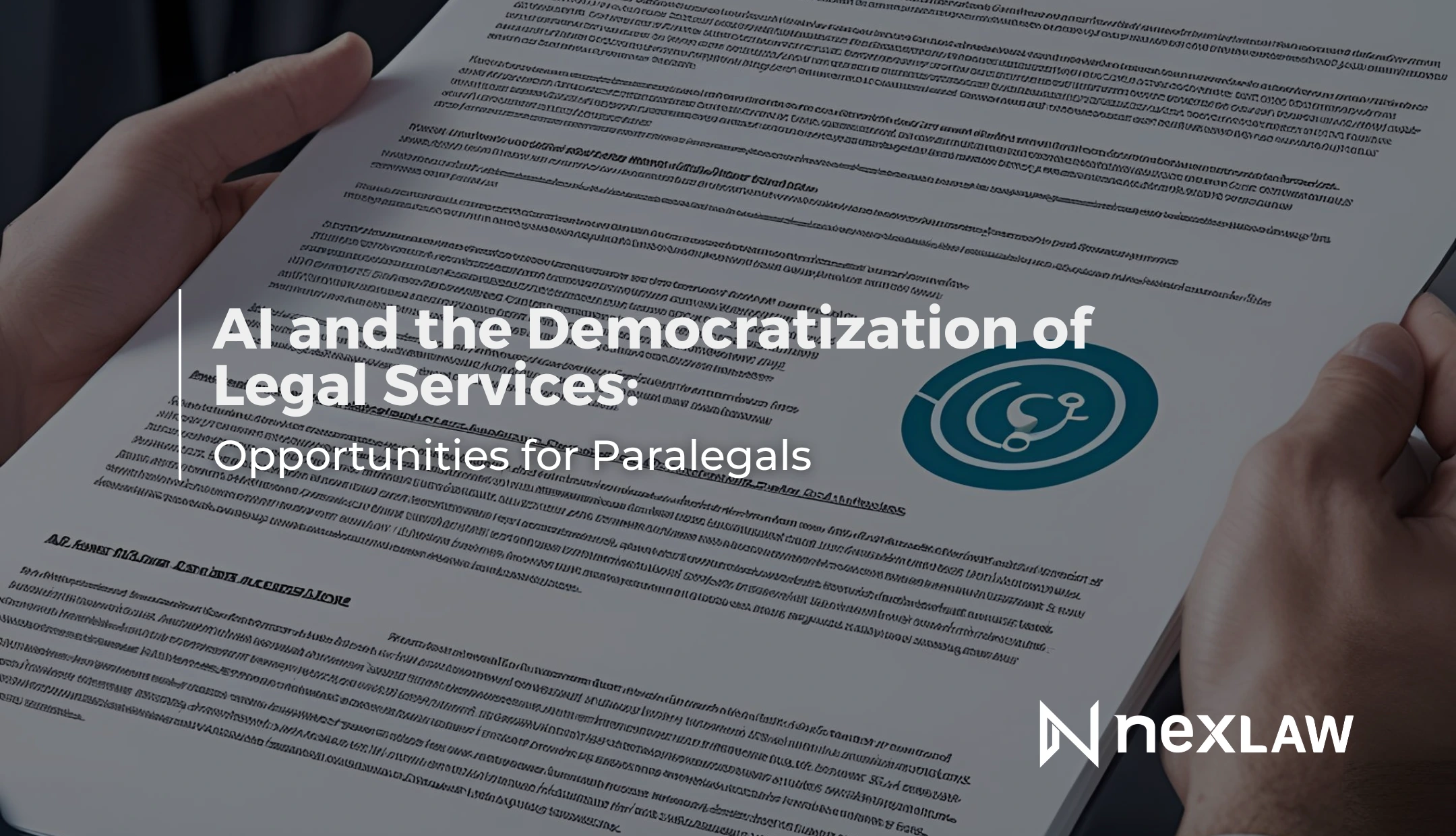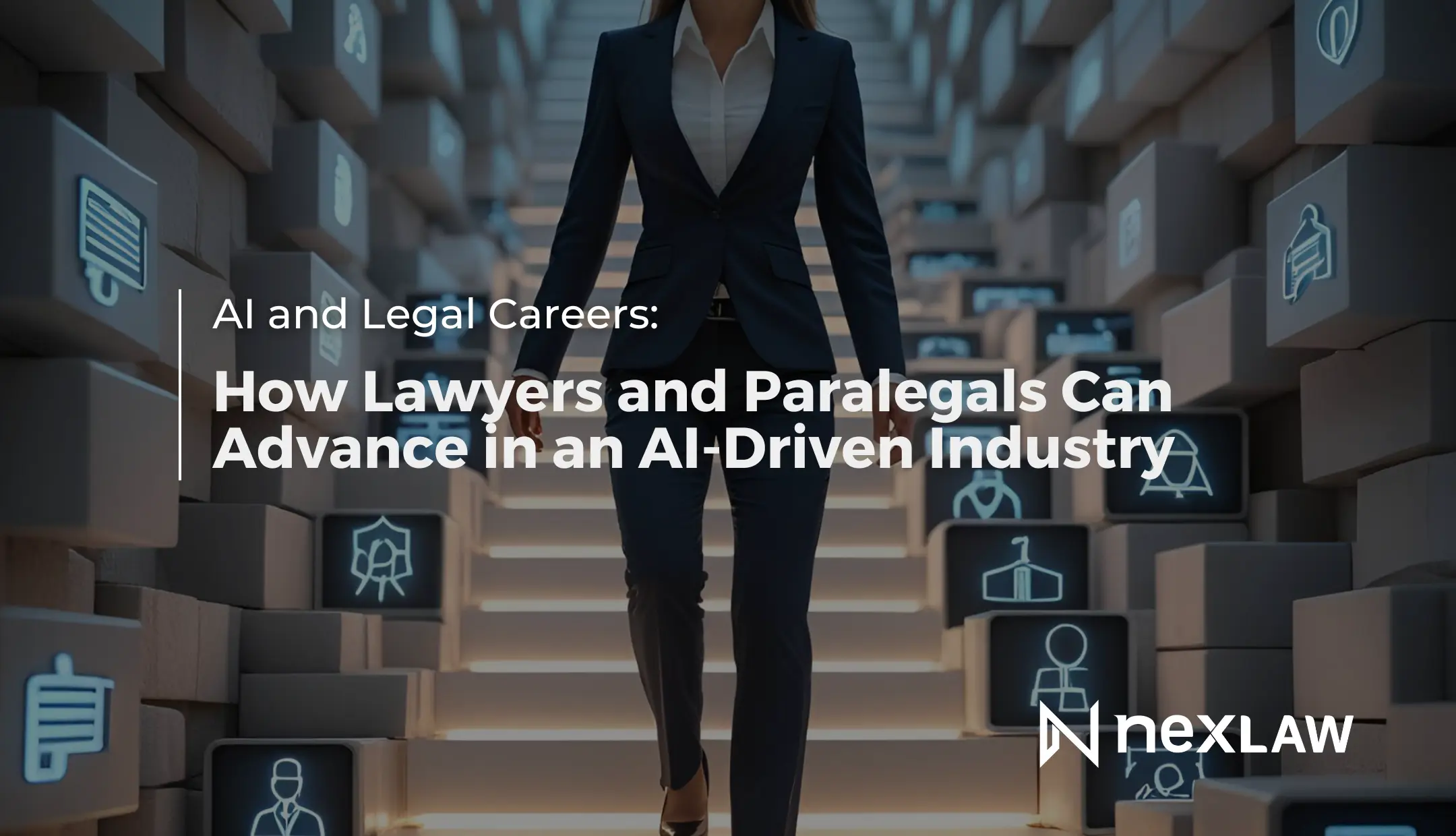AI and Legal Ethics: Practical Guidance for Lawyers and Paralegals
Artificial intelligence is reshaping the legal profession in profound ways. Lawyers, paralegals, and law firms now use AI for research, drafting, predictive analytics, and workflow optimization. While AI offers unprecedented efficiency, legal professionals must balance innovation with ethical responsibility. Ensuring accuracy, fairness, transparency, and confidentiality is central to maintaining professional standards in an AI-driven environment.
Understanding AI’s ethical implications is essential for lawyers and paralegals who want to leverage technology effectively while protecting clients and upholding the integrity of legal practice.
Unlock Legal Insights Instantly!
Ethical Challenges of AI in Legal Practice
AI tools can process large volumes of legal data, generate insights, and even draft documents. Yet the same capabilities that make AI powerful also create ethical challenges. The core considerations for lawyers and paralegals include:
Accuracy and Reliability
AI-generated outputs are not infallible. Errors can occur in research summaries, document drafts, and predictive analyses. Lawyers and paralegals must review AI outputs carefully before incorporating them into legal advice or submissions to courts. Verification and human oversight remain essential to maintain professional credibility and client trust.
Bias and Fairness
AI models trained on historical legal data can reflect systemic biases. For example, case predictions may inadvertently favor patterns present in past rulings rather than neutral evaluation. Legal professionals must critically assess AI outputs and remain attentive to potential inequities. Regular audits and careful review processes help ensure fairness in case analysis and strategy.
Transparency
Clients should be informed when AI is used in their cases. Lawyers and law firms should explain the role of AI tools and clarify how outputs contribute to research, strategy, or document drafting. Transparency strengthens client relationships and aligns with ethical standards for professional communication.
Confidentiality
Protecting client information is a non-negotiable duty. AI tools that process sensitive data must adhere to strict security and privacy protocols. Using secure platforms, implementing access controls, and anonymizing client data when possible are practical measures to safeguard confidentiality in AI-assisted workflows.
Competence and Supervision
Ethical use of AI requires legal professionals to understand the capabilities and limitations of the tools they employ. Lawyers and paralegals must maintain knowledge of AI processes, review outputs diligently, and supervise junior staff who use AI. Competence ensures that AI enhances legal judgment rather than substituting for it.
Integrating AI Ethically in Law Firms
Adopting AI responsibly involves structured processes and safeguards. Law firms and legal teams can implement several strategies to ensure ethical compliance:
Verification Protocols
Every AI-generated output should be checked for accuracy, relevance, and legal compliance. Whether reviewing a drafted motion, a research summary, or predictive analysis, human review ensures quality and mitigates risks.
Documentation and Oversight
Law firms should maintain clear records of how AI tools are used in casework. Tracking review steps and decisions demonstrates diligence and accountability, which is crucial for audits or professional inquiries.
Training and Education
Lawyers and paralegals benefit from formal AI training and ongoing professional development. Understanding AI functionality, ethical risks, and limitations strengthens professional competence and builds confidence in applying AI to practical legal scenarios.
Bias Mitigation Practices
Firms should adopt practices to reduce the potential for bias in AI outputs. These may include reviewing training datasets, applying diverse case examples, and establishing review checkpoints to assess fairness in recommendations and predictive analytics.
Secure and Transparent Platforms
Choosing AI platforms that prioritize data security, auditability, and compliance with professional standards is essential. Platforms that allow controlled access and maintain clear records of AI-generated work help law firms adhere to confidentiality and supervision requirements.
How AI Supports Legal Careers Responsibly
When integrated ethically, AI can enhance both efficiency and professional growth for lawyers and paralegals.
For Lawyers
AI allows attorneys to allocate more time to strategy, client counseling, and courtroom preparation. By automating repetitive research, document review, and case trend analysis, lawyers can focus on high-value tasks while remaining accountable for final outcomes.
For Paralegals
AI empowers paralegals to move beyond administrative functions, contributing to research analysis, compliance review, and document preparation. With AI handling routine tasks, paralegals can engage in higher-level responsibilities that enhance strategic support for attorneys and improve career advancement opportunities.
For Law Firms
AI tools improve workflow efficiency, reduce errors, and allow law firms to offer faster, more accurate service to clients. Implementing AI ethically ensures firms maintain client trust while fostering a culture of innovation, competence, and accountability.
Practical Guidance for Law Firms and Legal Teams
Implementing AI ethically requires a combination of technology, training, and policy:
- Risk Assessment Identify areas where AI may introduce ethical concerns and develop mitigation strategies.
- Verification and Review Establish formal processes for reviewing AI outputs before applying them to casework.
- Training Programs Provide ongoing education for lawyers, paralegals, and support staff to strengthen AI literacy and professional competence.
- Documentation Practices Maintain records of AI usage, review steps, and decision-making to demonstrate diligence and oversight.
- Client Communication Inform clients when AI tools are utilized, explaining the purpose, scope, and limits of AI-assisted work.
Preparing for the Future of Legal Practice
As AI continues to evolve, ethical and effective adoption will define the success of legal professionals and law firms. Lawyers and paralegals who integrate AI responsibly can:
- Increase efficiency and accuracy in legal work
- Expand their capacity to focus on high-value strategic tasks
- Maintain client trust and professional integrity
- Strengthen their career prospects and professional reputation
Ethical AI competence is emerging as a core skill for lawyers, paralegals, and law firms. Professionals who embrace AI thoughtfully are better equipped to navigate complex workflows, regulatory changes, and client expectations in 2025 and beyond.
Conclusion
Artificial intelligence is a powerful tool for the legal profession, offering efficiency, insight, and strategic advantage. However, ethical responsibility remains central to legal practice. Lawyers, paralegals, and law firms must prioritize accuracy, fairness, transparency, and confidentiality when adopting AI.
By applying best practices in competence, supervision, and risk management, legal professionals can use AI to enhance their work without compromising ethics. Responsible AI adoption positions lawyers and paralegals to deliver better outcomes for clients, strengthen law firm operations, and future-proof their careers.
Take the Next Step with NexLaw
Lawyers who embrace AI today are shaping the legal profession of tomorrow. Whether you’re part of a litigation team, a solo attorney, or a paralegal eager to expand your role, NexLaw makes it possible.
NexLaw is designed to help paralegals and attorneys solo or from small and mid-size prepare cases more efficiently, with greater accuracy and strategic insight.
Book a Guided Demo — See how NexLaw fits seamlessly into your practice and transforms your workflows.
Start a Free 3-Day Trial — Explore NexLaw risk-free and experience firsthand how AI can enhance efficiency, accuracy, and client satisfaction.
GET 15% OFF for annual plans using promo code: ANNIV15MONTHLY or ANNIV15ANNUALY
*t&c applied | visit our website for more details
With NexLaw, the future of litigation is here - AI-powered, accurate, and accessible.
